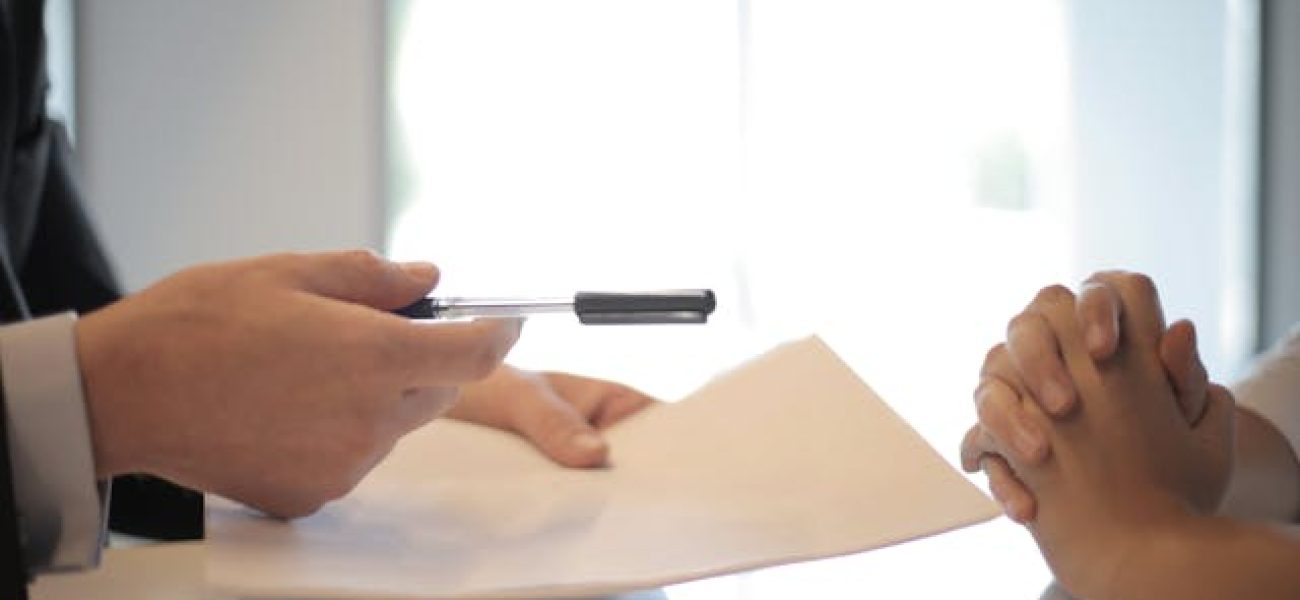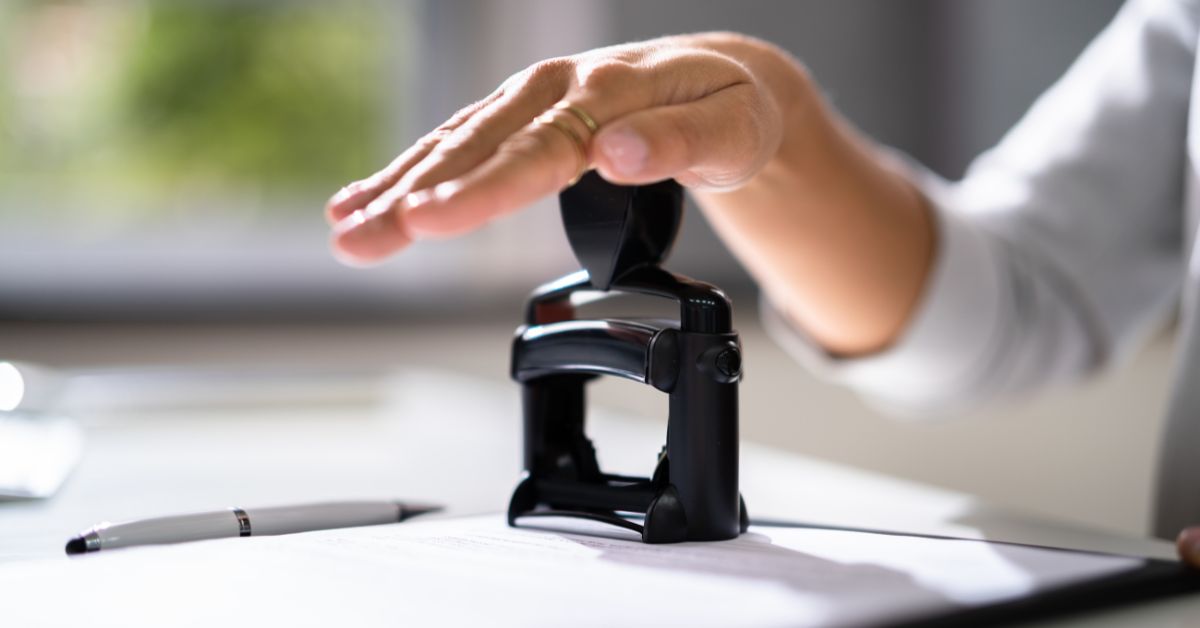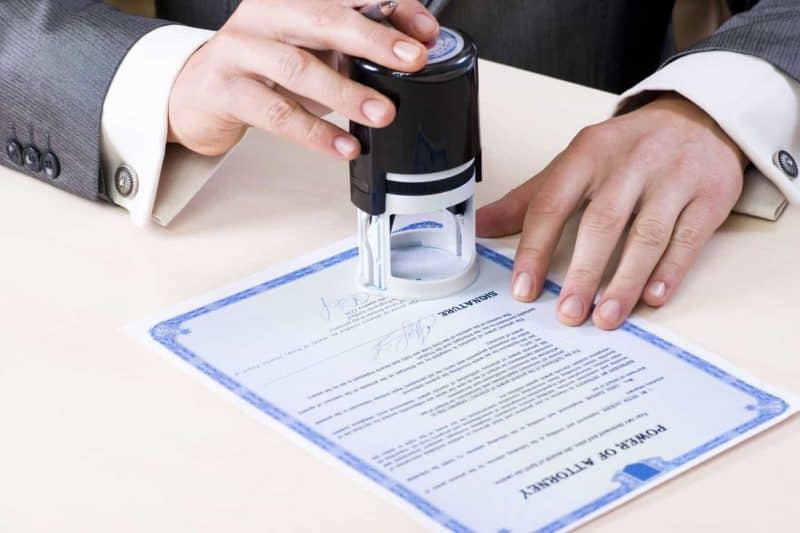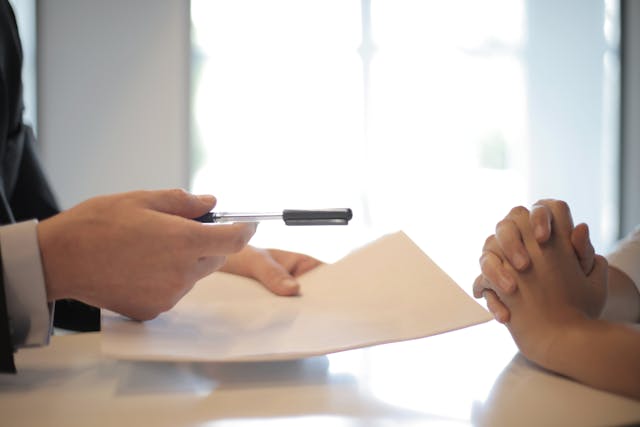Losing your diploma can be stressful, especially when you need the document for an important step in your life—such as emigrating, studying abroad, or applying for an international job. Fortunately, a lost diploma doesn’t necessarily mean your plans are ruined. In this article, we explain exactly what to do if you’ve lost your diploma and how you can still have it legally recognized.
What does diploma legalization mean?
Before we go into the steps to take after losing your diploma, it’s important to understand what diploma legalization involves and when it’s required. When you plan to work or study abroad, the authorities in your destination country may require proof that your diploma is authentic. This is done through legalization: an official process in which a competent authority verifies the authenticity of the document.
Depending on the country, this can be done with an apostille (for countries that are part of the Apostille Convention) or through an extended legalization process involving the Ministry of Foreign Affairs. Often, a sworn translation is also required to make the document valid in the language of the destination country.
What to do if you’ve lost your diploma
It’s not uncommon to misplace your diploma, especially after several years. Fortunately, there are still plenty of ways to obtain a valid version of your diploma. Below are four steps to follow if you’ve lost your original diploma and need it legalized.
Step 1: Check if you still have a copy
Before taking further action, double-check whether you might still have a copy somewhere. Doing this can save a lot of time and effort. Many people find a digital or paper copy that may be sufficient to begin the legalization process. Check the following:
- Digital scans stored in your email, Google Drive, or Dropbox
- Copies held by your employer or educational institution
- Copies used in earlier applications or official procedures
In some cases, a copy can be used for legalization if it’s officially certified by the educational institution.
Step 2: Request a replacement diploma or official transcript
If your diploma is permanently lost, you can request a replacement diploma or an official transcript from the educational institution where you completed your studies. In the Netherlands, this is often done through DUO (Dienst Uitvoering Onderwijs) for secondary and higher education.
You can request an officially certified document confirming your degree or diploma. Once received, this document can be submitted for legalization.
Note: Processing times can vary from several days to a few weeks. Make sure to start early.
Step 3: Check the legalization requirements of the destination country
Each country has different rules for recognizing foreign diplomas. It’s important to verify:
- Whether the country accepts an apostille (for Apostille Convention members)
- Whether full legalization through multiple authorities is required
- Whether a sworn translation of your diploma is necessary
Countries like Canada or the United Arab Emirates often have stricter requirements compared to countries like Spain or Belgium. If you’re unsure, consult the embassy of the destination country or seek advice from a legal expert.
Step 4: Legalize the replacement document
Once you have received your replacement diploma or transcript, you can proceed with the legalization. In the Netherlands, the general steps are:
- Certification by the educational institution – They verify the document’s authenticity
- Verification by DUO (if applicable) – DUO can provide additional validation
- Legalization by the Ministry of Education or Ministry of Foreign Affairs
- Embassy of the destination country – If required, the document is finalized there
It’s essential that all documents are original and officially certified. Unverified copies will typically not be accepted for legalization.
Moving forward after losing your diploma
Although losing a diploma can be inconvenient and cause delays, it doesn’t mean you’re left without options. By following the steps outlined above, it’s usually possible to obtain a valid, legalizable document for international use. Whether you need to request a transcript, determine the correct legalization route, or meet the specific rules of a country, being well-prepared is key. With the right information, you’ll be better equipped to manage the process and avoid unnecessary setbacks.






